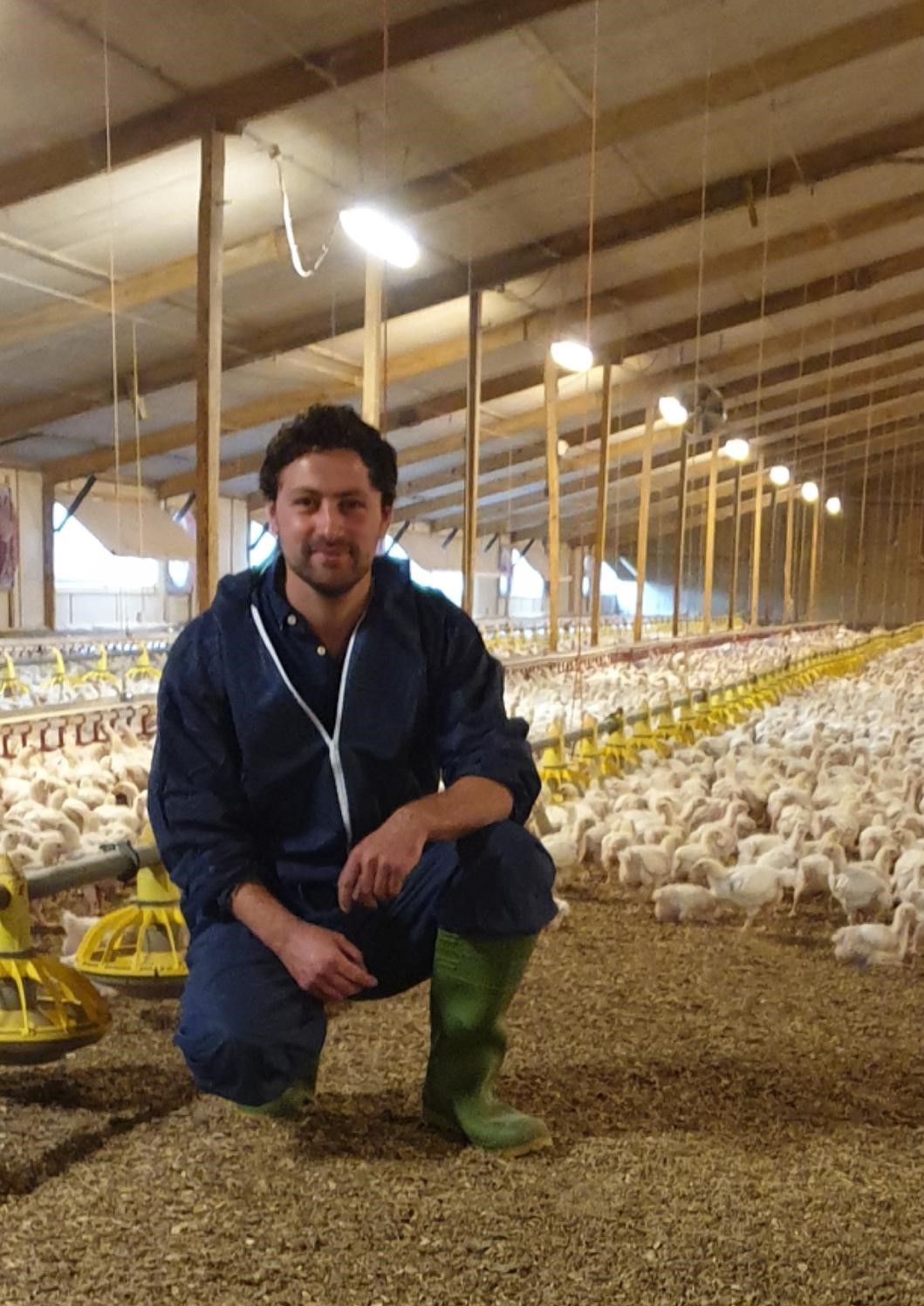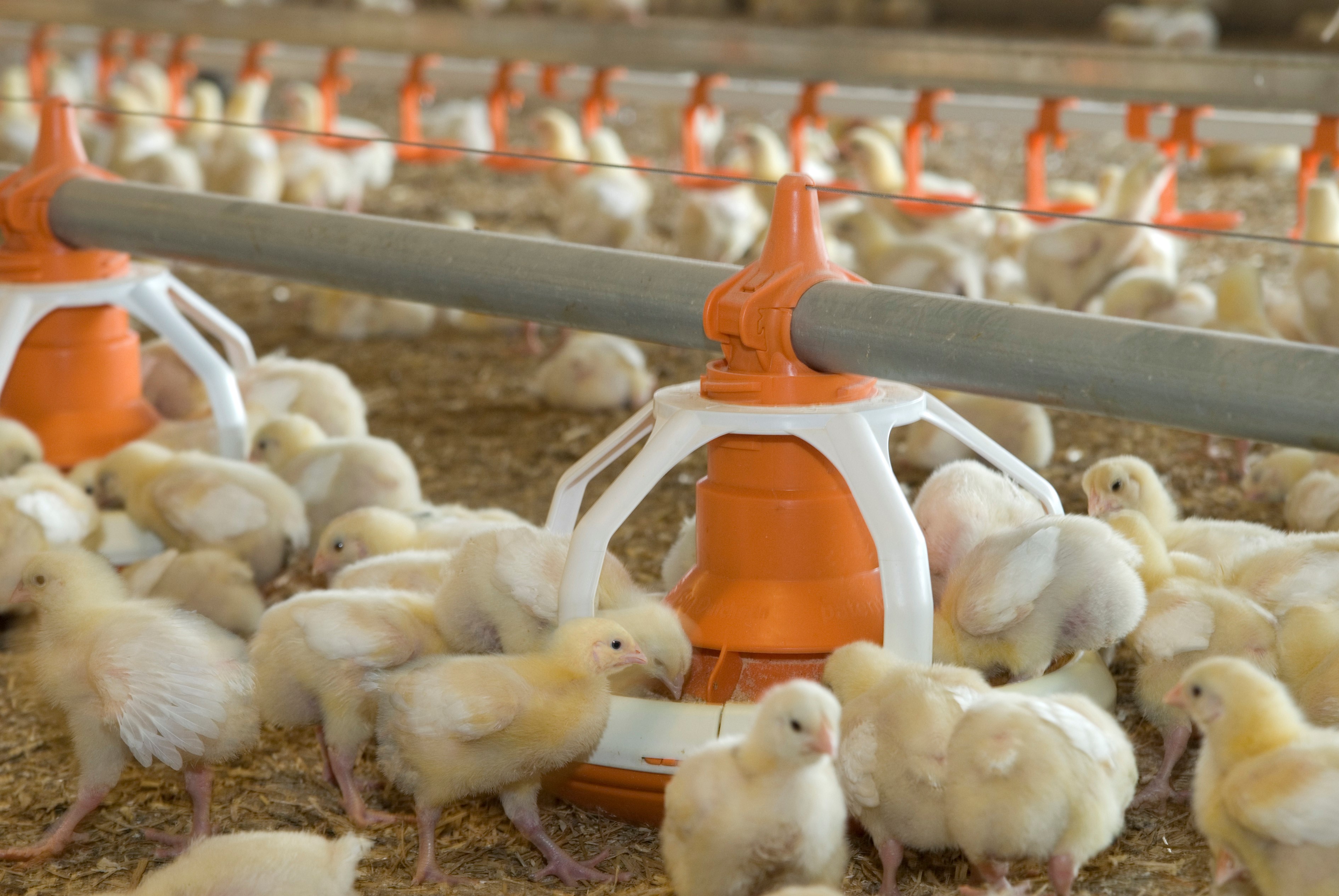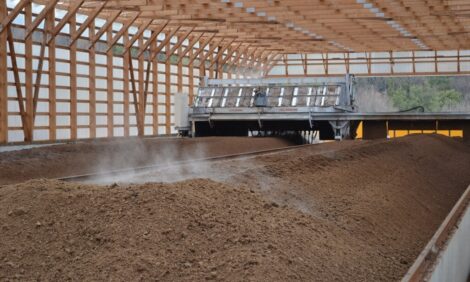



Production Perspective: Cobb500’s robust gut health provides opportunity for cost-savings
Strong gut health is crucial for successful poultry production, according to Charlie Barnes, Senior Poultry Production Manager at EC Drummond, with 25 sites across the UK producing more than 33.75 million broilers per year.
“As a business, we’re always seeking adjustments and improvements that can give our birds the edge they need to deliver better results. Robust gut health is the foundation for overall performance. Without it, the birds are at a disadvantage from day one.”
“Our sites are in different locations, differing environments and sometimes have different requirements,” says Barnes. “If one farm isn’t performing under a certain process, we’ll adjust until we find a solution that works for them. As Covid-19 has made the market a lot more uncertain, we’ve worked closely with each site to optimise performance and maintain profitability. We utilise a range of genetics but our experience with the Cobb500 has been very positive. We’ve found that with the right inputs and management it works really well for our business, creating real opportunities for profitable production.”

© Cobb-Vantress
Accounting for approximately 20% of birds across their numerous sites, Charlie has found the Cobb500 to be a remarkably resilient and consistent bird.
“In the last six or seven years, we’ve found that the Cobb is unmatched in terms of gut integrity. They’re designed to utilise a higher wheat inclusion in their diet, resulting in savings for us. Despite what seems to have become a near urban legend about Cobb birds, we’ve had very few leg or health issues when managing them correctly,” he explained.
The Cobb500 birds regularly achieved in excess of 2.5kg at 36 days. In some locations, the Cobb500 even outweighed other birds by 200g at the same age, without being on a tailored diet.
“The Cobb will utilise other rations, as long as the pellet quality is good and it’s not too nutrient-rich,” says Barnes. “Due to their extremely robust gut health, their diet typically has an average whole wheat inclusion between 15 to 20%, with up to 40% in the last few days on occasion – with little or no impact on growth. This results in us saving up to £13/tonne on that lower spec diet, which is a significant benefit.”
The most noteworthy gains were observed during thinning. Most birds would go down to between 60g and 80g a day during this process, before eventually climbing back up to 100g. The Cobb birds, however, would still put on 120g daily and maintain those high levels.
“That’s over 40g/day more than the other breeds,” notes Barnes. “It even caught some of our area managers off-guard! That’s the potential of the Cobb birds. When managed correctly, you can see that growth.”
“I’m a great believer in this bird,” he adds. “We’ve found it to be both flexible and resilient. It’s an integrated package. When you apply careful management and best practice, the savings you can make are substantial.”









